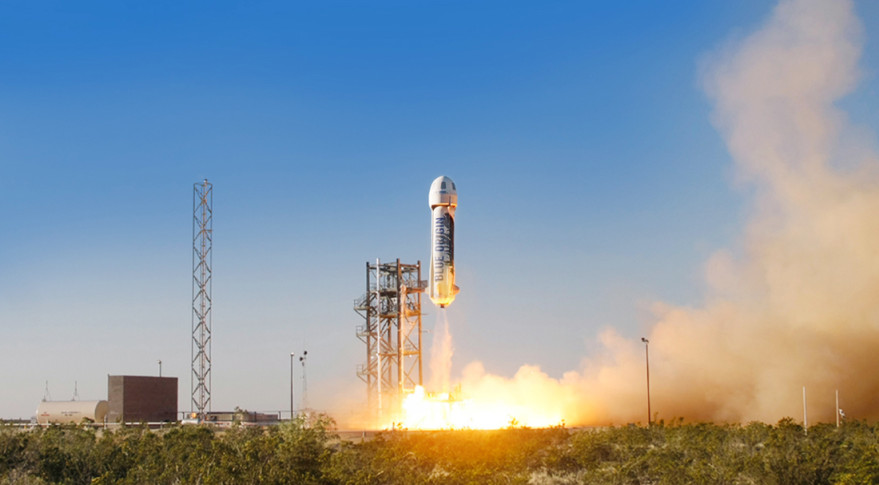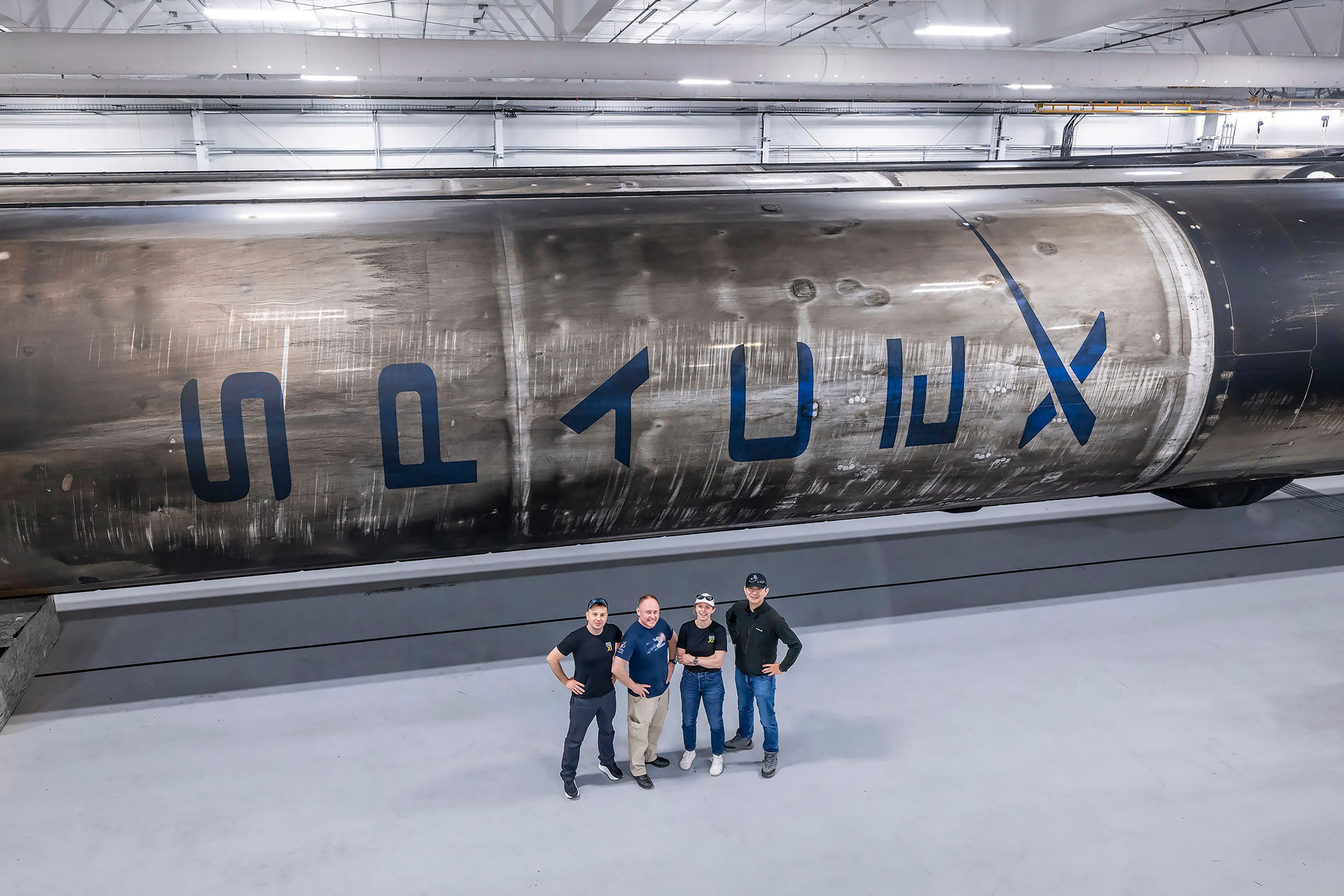US Senate Passes Commercial Space Bill

WASHINGTON — The U.S. Senate approved a bill Aug. 4 that extends two key provisions of commercial launch law as well as authorizes operations of the International Space Station beyond 2020, but the bill will have to be reconciled with a House bill that is more generous to industry.
The Senate passed S. 1297, the U.S. Commercial Space Launch Competitiveness Act, by unanimous consent, a procedure for the expedited passage of noncontroversial bills. The Senate Commerce Committee approved the bill without debate May 20.
The bill extends an existing provision of federal law that limits the ability of the Federal Aviation Administration to regulate the safety of people flying on commercial spacecraft. That limitation, often called the "learning period" by industry, is scheduled to expire Oct. 1 but would be extended by five years in the Senate bill.
The bill also extends through 2020 the commercial launch indemnification regime, where the government is responsible for any third-party losses from launches in excess of a level the company must insure against. Launch indemnification is currently in place through the end of 2016.
The bill makes several other tweaks to commercial launch law, including defining "government astronaut" for NASA and other agencies' astronauts, who would be treated differently on commercial spacecraft than private individuals. It also allows companies to concurrently hold an experimental permit and launch license for the same vehicle, using the license for commercial missions and the less-restrictive permit for test flights.
In addition to its commercial launch provisions, the bill amends the NASA Authorization Act of 2010 to extend operations of the ISS from 2020 to 2024. NASA announced its intent in early 2014 to seek an extension of ISS operation to at least 2024, and this is the first congressional endorsement of those plans.
"This bipartisan legislation makes a commitment to supporting the continued development of a strong commercial space sector," said Sen. Ted Cruz (R-Texas), the bill's sponsor, in an Aug. 4 statement about the bill's passage. The bill was co-sponsored by several other members of the Senate Commerce Committee, including ranking member Sen. Bill Nelson (D-Fla.)
Get the Space.com Newsletter
Breaking space news, the latest updates on rocket launches, skywatching events and more!
The Senate bill, however, will have to be reconciled with a House bill, the Spurring Private Aerospace Competitiveness and Entrepreneurship (SPACE) Act, which passed on a 284–133 vote May 21. That bill includes many of the same elements of the Senate bill, but extends both the learning period and launch indemnification through 2025. The House bill also does not include an extension of ISS operations.
Any resolution of differences between the House and Senate bills is unlikely to be completed before September. The House is on summer recess until Sept. 8, and the Senate will start its own recess by Aug. 7, also until Sept. 8.
This story was provided by SpaceNews, dedicated to covering all aspects of the space industry.
Join our Space Forums to keep talking space on the latest missions, night sky and more! And if you have a news tip, correction or comment, let us know at: community@space.com.

Jeff Foust is a Senior Staff Writer at SpaceNews, a space industry news magazine and website, where he writes about space policy, commercial spaceflight and other aerospace industry topics. Jeff has a Ph.D. in planetary sciences from the Massachusetts Institute of Technology and earned a bachelor's degree in geophysics and planetary science from the California Institute of Technology. You can see Jeff's latest projects by following him on Twitter.










